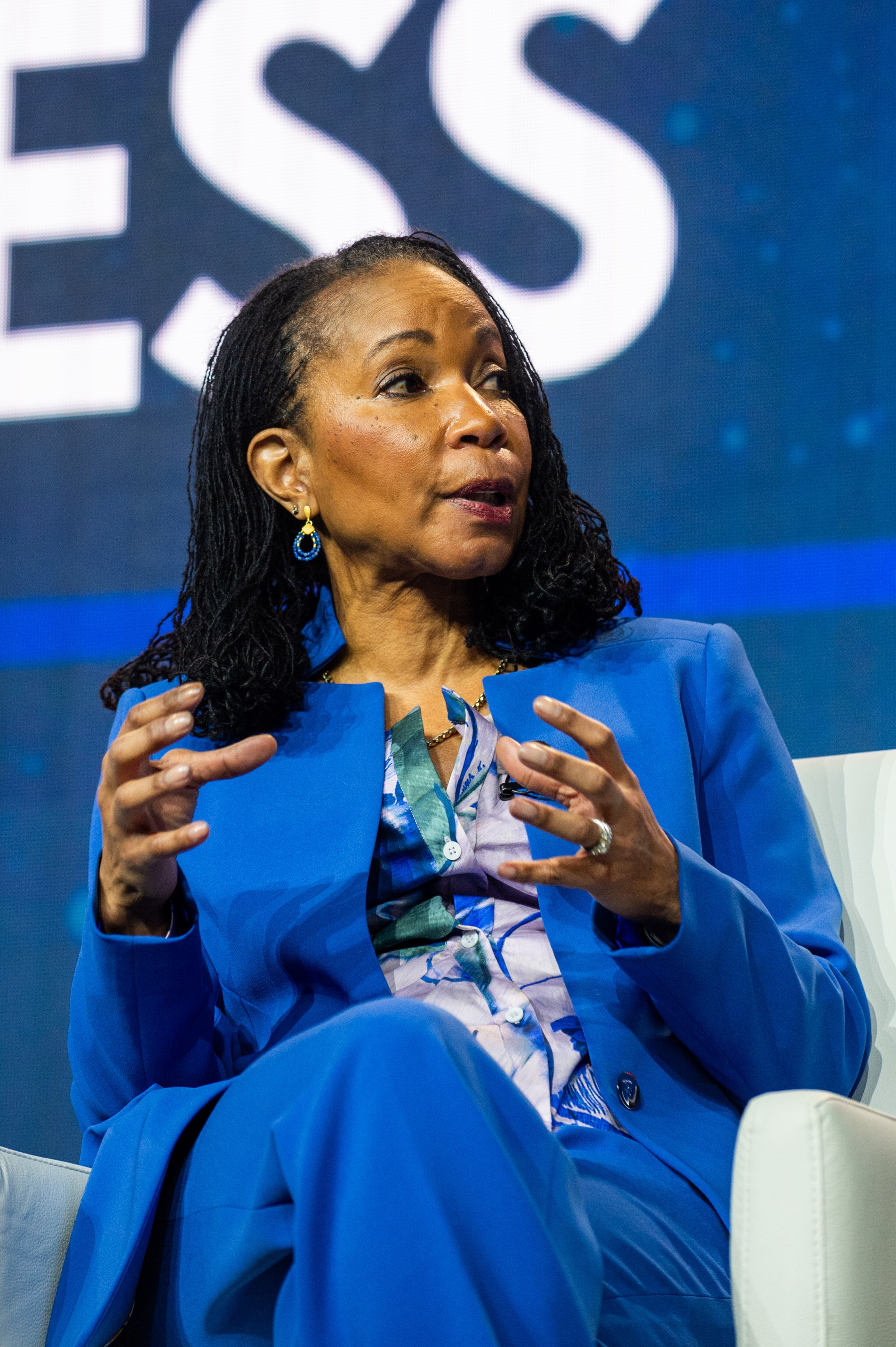Harnessing talent within HBCUs is key in the artificial intelligence age
President Joe Biden recently announced an additional $1.3 billion in federal funding to historically Black colleges and universities, marking a critical investment in institutions that have been drivers of economic mobility and educational excellence for almost two centuries. The funds will undoubtedly help HBCUs continue to serve as engines of opportunity for underrepresented communities.
Given the transformative impact artificial intelligence is expected to play in all aspects of our lives, this support will also help position HBCUs to play a critical role in shaping the future of existing and emerging technologies in the United States and abroad. Ensuring that HBCUs are positioned to be part of this next digital revolution will ensure greater democratization of these technologies and bring more talent to the government, nonprofit and private sectors.
To date, HBCUs are graduating a growing number of engineers, scientists and technologists who can bring much-needed diversity and skills to AI development. Spelman College, a global leader in the education of women of African descent, has 34% of students pursuing degrees in science, technology, engineering and math with 25% of students graduating in these and related subjects, including dual degree programs.
It is widely known that AI companies lack diversity and suffer from the perpetuation of biases and inequalities in applications, which range from hiring to facial recognition algorithms. With their unique lived experiences and perspectives, HBCU students are ideally positioned to fill gaps in the tech workforce and, more importantly, bring their cultural competence to the design and implementation of AI applications.

HBCUs also produce graduates in other critical disciplines that intersect with the field, including law, communications and the social sciences. Lawyers are needed to navigate the ethical and legal frameworks of AI. Communications experts can aid in public understanding and trust of these technologies. Social scientists help ensure AI systems are developed with an understanding of their behavioral and societal impact. Together, these range of disciplines can form a holistic approach to AI development — one that is inclusive, and more accountable to the plethora of communities it serves.
Because AI is shaping every aspect of modern life — from health care and education to criminal justice and national security — the voices and perspectives of underrepresented communities are critical, especially in averting any organizational risks if AI systems misidentify or bring harms to impacted communities.
Moreover, the economic impact of HBCU participation in AI cannot be understated. HBCUs already generate $16.5 billion annually in economic impact, along with over 136,000 jobs. Expanding their role in AI will not only create new opportunities for graduates, but also contribute to the growth of the broader U.S. economy.

To ensure HBCUs are critical stakeholders in the AI age, it is imperative they continue to receive the necessary funding from both the government and the private sector to be able to keep pace with historically better financed and advantaged predominantly white institutions.
Research ranking plays an important part in this process. The Carnegie Classification offers a framework for ranking universities based on their research activity as measured by the level of research support and the number of doctorates awarded each year.
The highest “R1″ designation is conferred to universities with “very high research activity” due to their eligibility to receive a range of federal, philanthropic and other support to solidify distinguished faculty and student research programs. R2 rankings, of which only 11 of 133 HBCUs have, define institutions with “high research activity.” Whereas the funding threshold for both R1 and R2 designations are at $5 million in total research support, Carnegie recently announced that universities seeking R1 status must have $50 million in research expenditures and produce more than 70 doctorates per year.
To date, HBCUs raise $1 to every $100 dollars in endowment money when compared to predominantly white institutions. Criteria need to be reevaluated to ensure more HBCUs are able to obtain R1 research status to solidify their participation in, and contributions to, cutting-edge AI research.
Second, the recruitment and retention of AI talent from HBCUs must be intentional and prioritized by the government and tech companies through internships, mentorship programs and research partnerships that specifically target HBCU students. For example, current programs like the CHIPS for America initiative and partnerships with semiconductor companies are a great start to match and fulfill the needs of the growing workforce, but more widespread efforts will be required to ensure HBCU graduates have the same access to AI careers as those from predominantly white institutions.
Lastly, HBCU leadership must be proactive in creating cross-institutional collaborations and regional partnerships focused on AI. These programs can pool resources and expertise to provide students with the needed exposure to thrive in this field.
Earlier this year, Spelman, Morehouse College, Morehouse School of Medicine and Clark Atlanta University received a $14 million grant from the National Science Foundation to improve the coordination and management of research leadership among the respective colleges and universities in the Atlanta University Consortium. An additional $8.25 million investment from UnitedHealth Group in 2019 was used to establish the AUC Data Science Initiative, which ensures students can contribute to this growing discipline.
The Biden administration has made historic investments in HBCUs and it will be crucial for the federal government to continue to support these institutions. However, if the United States and the global AI ecosystems want to fully leverage the potential of HBCUs, they must first invest in their capacity to be leaders in this space. By elevating their research capacity, creating targeted recruitment strategies and fostering cross-institutional collaboration, HBCUs like Spelman will play a critical role in shaping the future of AI — one that is inclusive, innovative and equitable for all.
Helene Gayle, M.D., MPH, is the president of Spelman College. Nicol Turner Lee, Ph.D., is a senior fellow at the Brookings Institution and the author of the new book, “Digitally Invisible: How the Internet is Creating the New Underclass.”


